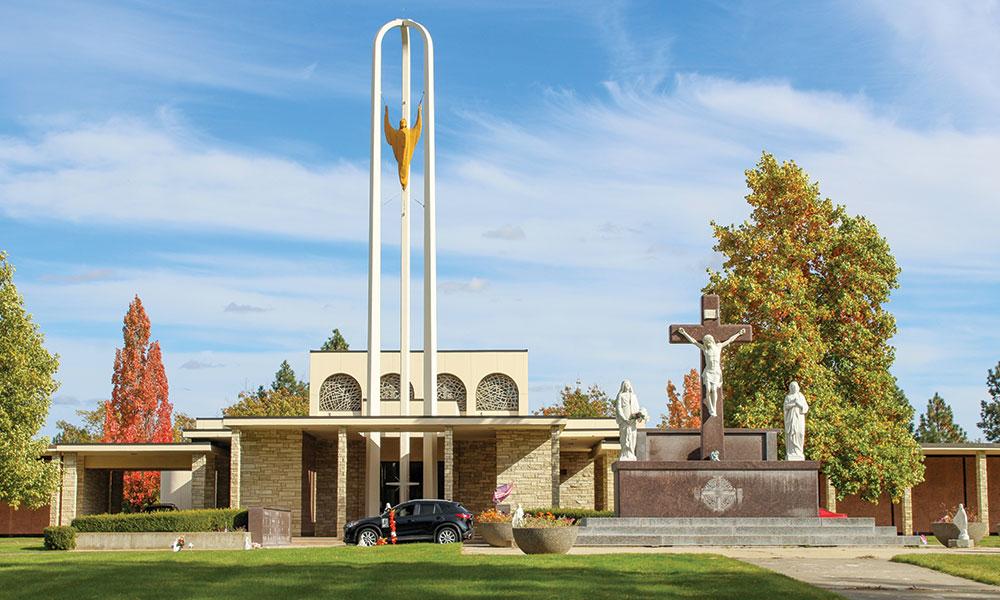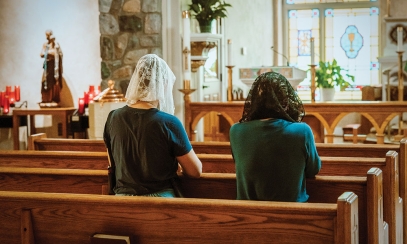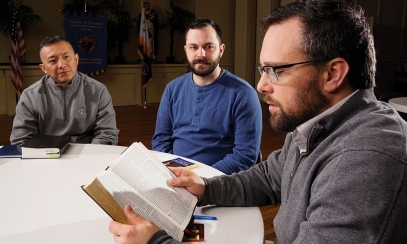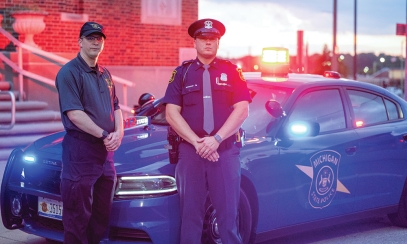
Death and Care for the Body
A Catholic perspective
A Catholic perspective
History has demonstrated that times of plague raise the specter of death in the hearts and minds of many of people. The COVID-19 plague is no different. All of us have reflected on disease and death over the past nine months. Given this fact, and the liturgical reality that November is the month we focus more intensely on the faithful departed, it is appropriate to reflect on the Church’s guidance and teachings at the time of death.
First of all, the Church clearly prefers that the body be present for the funeral rites. The human body is sacred. During life, the body is a temple of the Holy Spirit. It is washed in baptism, anointed with sacred oil in confirmation, and fed the body and blood of Christ. The body is an instrument of charity and compassion toward other people. In death, the body is therefore to be shown dignity and reverence. Even if cremation is to take place, the Church encourages the body to be present for the vigil and funeral Mass.
However, there are times when this is not possible. In such a situation, the cremated remains may be present for the funeral rites. It is important to note that the remains are to be treated with the same respect we give to the human body. Treating cremated remains exactly as we would the body means that we place them in a worthy vessel, transport them with dignity, and entomb them in a mausoleum or bury them in a grave. They are not to be scattered in the park, distributed among friends, or poured into a favorite lake. Our focus is on eternal life. Caring for the remains as we would the body points to Jesus Christ and our hope for resurrection.
Although Mass is offered in both cases, many people are concerned about the costs associated with burial and see cremation as a more economical option. I am told that, when carefully planned, a simple service with burial can be affordable. We are blessed to have our own Catholic funeral and cemetery service, of which I am a board member, and I would encourage you to contact Holy Cross to pre-plan your own funeral arrangements. They are aware of Catholic teaching and stand ready to assist you with these sensitive matters.
There are those who will read this information and have some feelings of guilt for choices they may have made in the past. Many of us have regrets about certain decisions we have made regarding dying, death, and burial. Let’s leave those worries in the past and entrust them to the mercy of God. Looking forward, we strive to live the teachings of our Church when faced with similar situations in the future.



